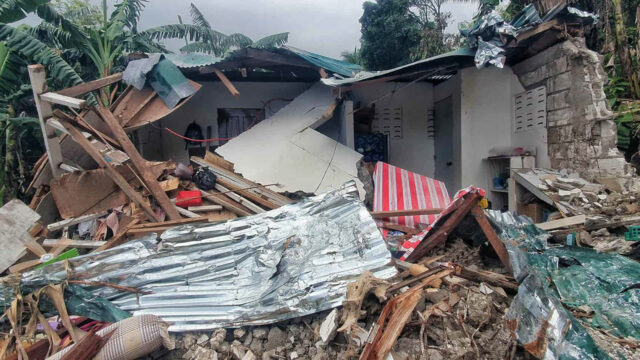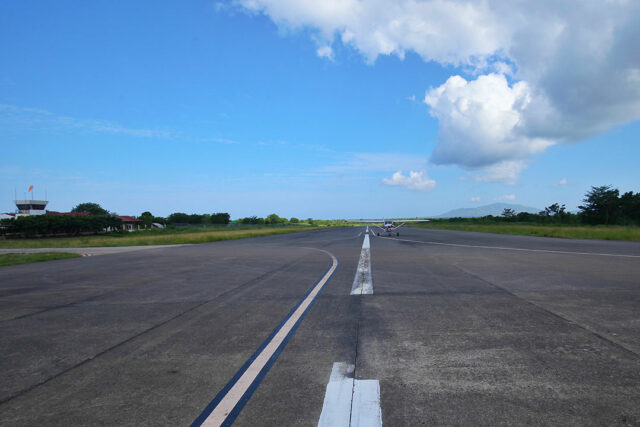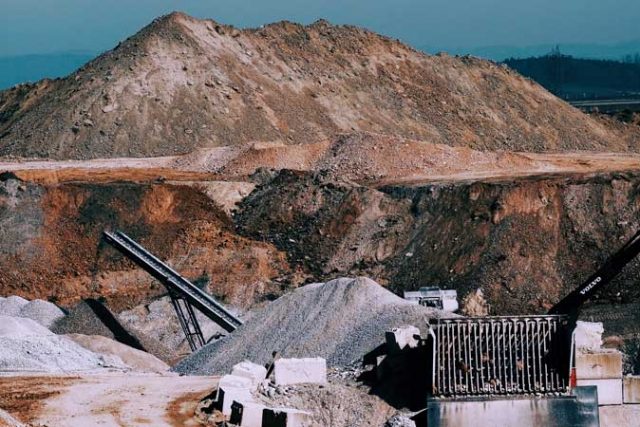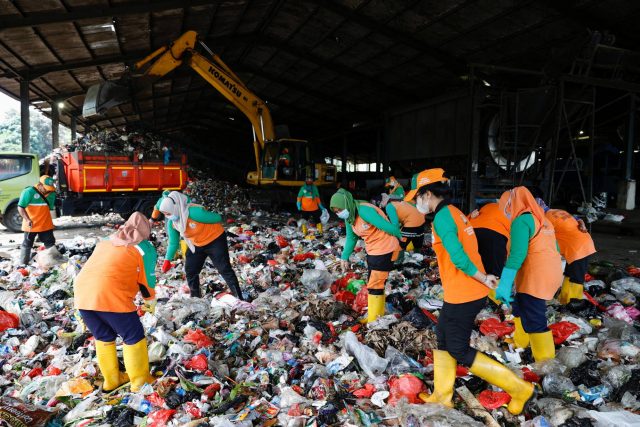Orica loses bid for P25.78-M VAT refund
THE Court of Tax Appeals (CTA) en banc has affirmed the denial of Orica Philippines, Inc.’s bid to recover P25.78 million in alleged excess or unutilized input value-added tax (VAT) for the fourth quarter of 2016, ruling that the chemical firm’s judicial claim was filed beyond the prescribed period.
A decision, promulgated last Oct. 1 by Associate Justice Corazon G. Ferrer-Flores, upheld the December 2023 ruling and the May 2024 resolution of the CTA Special First Division, which dismissed Orica’s claim for lack of jurisdiction.
Orica, a domestic corporation with principal offices at Rockwell Business Center in Pasig City, filed the petition for review before the tax court on June 14, 2024, challenging the denial of its VAT refund application by the Commissioner of Internal Revenue (CIR).
The initial refund request was submitted to the Bureau of Internal Revenue (BIR) on Sept. 25, 2018, covering the period from July 1 to Sept. 30, 2016.
The company argued that its judicial claim for refund was filed within the prescriptive period under Section 112(C) of the National Internal Revenue Code (NIRC) of 1997, as amended by the Tax Reform for Acceleration and Inclusion (TRAIN) Law. Orica contended that the CIR’s partial denial on Jan. 16, 2019, came after the 90 days mandated by law for the BIR to act on refund applications.
However, the tax court ruled that the appeal was filed out of time, citing provisions under Republic Act (RA) No. 1125, as amended by RA No. 9282, which give the CTA jurisdiction over tax refund cases only if appeals are filed within the prescribed period following the BIR’s action or inaction.
“The petition for review filed on Feb. 15, 2019, was beyond the 30-day period allowed for judicial claims,” the Court said. “There being no reversible error committed by the Court in Division, the CTA en banc finds no cogent reason to reverse and set aside the assailed resolution.”
In a dissenting opinion, Presiding Justice Roman G. Del Rosario argued that the judicial claim for refund was filed within the 30-day period following the CIR’s decision denying the administrative claim, which was received by Orica on Jan. 16, 2019.
As the en banc majority denied the petition, Orica will not recover the total of P25.7 million in excess input VAT, leaving the case closed unless new legal measures are taken. — Erika Mae P. Sinaking












